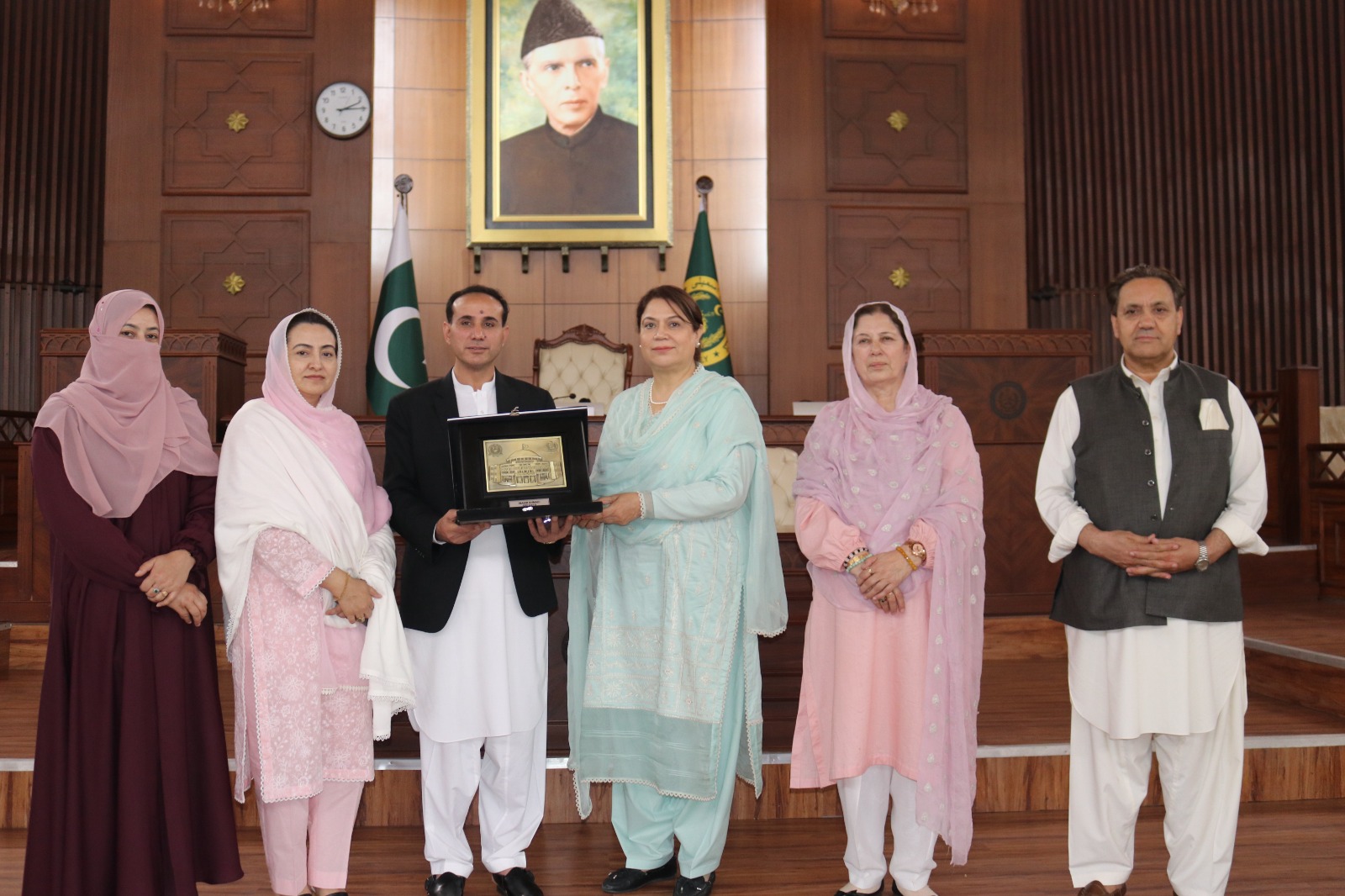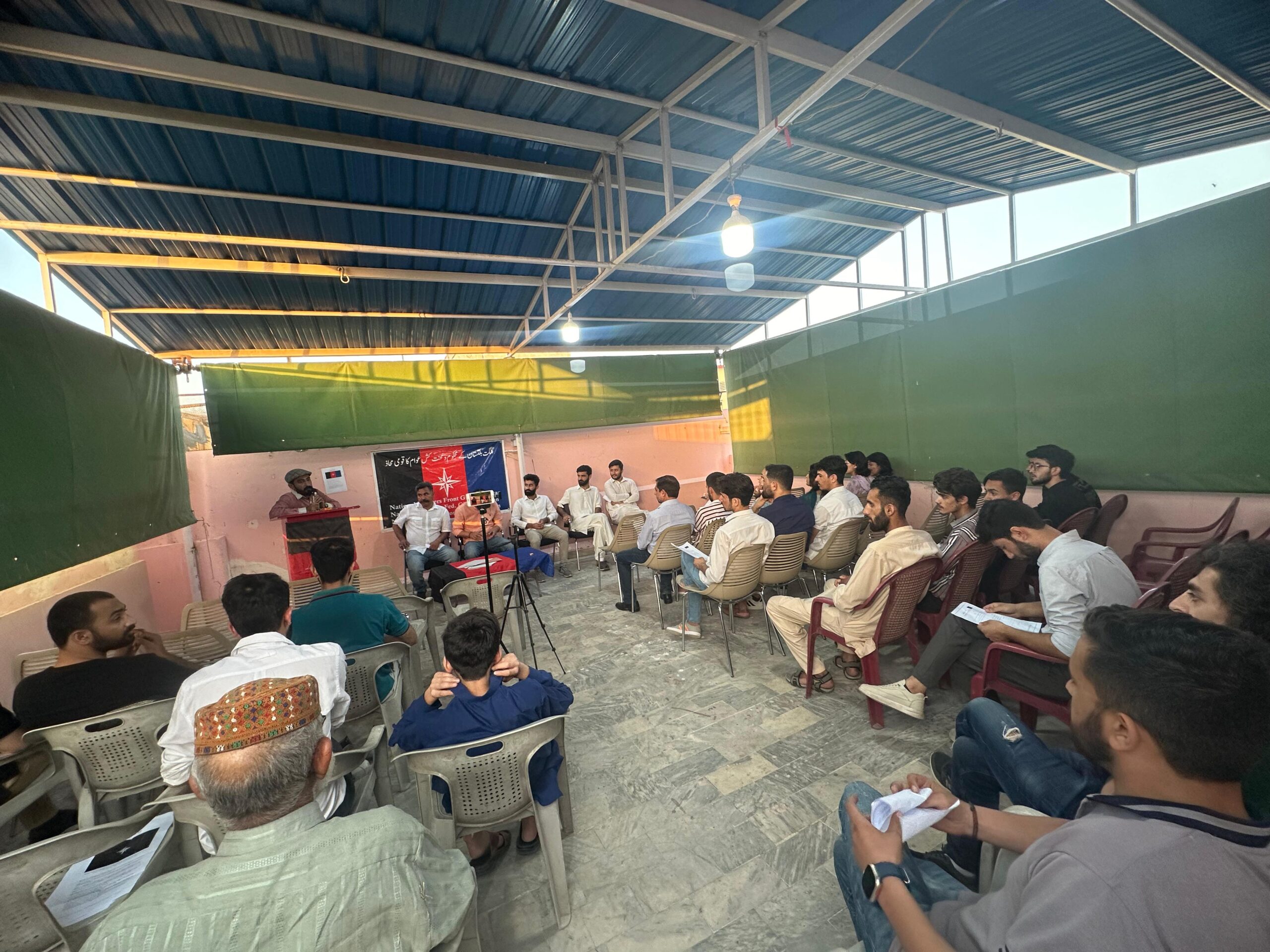This post analyzes the impact of Congress Rule, 1937-39 on Muslims of the Indian subcontinent.
Background
Government of India Act 1935 provided for representative government at the provincial level. In light of this act, the Government held elections at the provincial level in 1937 on basis of separate electorates.
Congress won most of the seats reserved for Muslims, Hindus, Scheduled castes, etc. in the elections and formed its government in 8 provinces. It formed coalition governments in 3 provinces where other parties had won majority seats.
Congress-rule started in 1937 and ended on 22nd December 1939 with its resignation in protest against the unilateral decision of the British declaring India at war with Germany.
With their overwhelming support, the Muslims expected Congress government will demonstrate fairness and religious impartiality. Disappointingly, the new government instead dealt Muslims with tyranny and brutality. Congress committed this gross mistake and miscalculated its after-effects which appeared in the form of Muslim alienation from the congress.
Mistreatment of Muslims and its impact
The mistreatment of Muslims during the Congress Rule, 1937-39 and its impact are as follows:
1. Introduction of Bande Matram
Band e Matram was a nationalist Hindu song that Muslims thought encouraged their expulsion from Hindustan. For Muslims, this novel considered Muslim aliens who had made mother India impure. Hence to purify India of this impurity, the expulsion of Muslims was a necessity.
Although expulsion of Muslims was not an official policy of the congress its introduction as the national anthem in provincial assemblies, schools, and other institutions worried and offended Muslims.
2. The Wardha Scheme
As per the views of Gandhi, the Congress government introduced the Wardha Scheme, an educational program, in schools throughout India.
According to Wardha Scheme, the medium of instruction in the schools would be Hindi. The students would be taught to spin cotton by hand. Moreover, there would be no religious education in the schools. Lastly, students would bow their heads before a portrait of Gandhi hung in the schools.
Muslims saw these measures as an attempt to divert the attention away from their faith. They considered religious education in schools important for which they had their own schools. The Wardha scheme would have banned religious teaching in those schools.
3. Hindrances in the way of religious practices
During the Congress Rule 1937-39, Muslims of India felt Congress and its supporters attempted to erase their identity as Muslims. Some anti-Muslim activities and inaction of the congress government further fueled such fears.
Some of the anti-Muslim activities as per one of the textbooks, “History and Culture of Pakistan authored by Nigel Kelly are as follows:
- Ban on the slaughter of cows and harsh punishment for violation of the ban are cited as some of the anti-Muslim incidents.
- With Congress assuming power, Muslims witnessed the ban from thugs was on Azaan. They attacked Mosques in case of a violation.
- The anti-social elements without any fear created noise and disturbance outside mosques during prayer time. As result, Muslims increasingly felt insecure to practice their faith.
- Authorities did not bother to stop this new trend of anti-Muslim activities. It rather turned down any complaint made by Muslims. To make things worse, decisions always came against the complainants.
- During its two years rule, Congress kept mum over deliberate anti-Muslim riots, e.g. attacks on houses and setting the property on fire.












Sir would you please explain this for me (Students would be taught spinning cotton by hand) its in the Wardha scheme during the congress rule…… i mean the logic behind this as why this was disliked by the Muslims… why this activity was a negative connotation for the Muslims ..will be grateful if you consider my request. I had faced this question in the classes and i replied on my own way and understanding but i am not satisfied with that ..(arshaduaar432@gmail.com)
Thank you Arshad for this question. I do not think it should have been a problem. The problem for Muslims was another component of the Wardha Scheme, the ban on religious education. Muslims had their own schools, where they gave both secular and religious education. Now with Wardha Scheme, they could not give religious education legally. This offended Muslims. When we mention Wardha Scheme, we mention it in its entirety. It should not mean Muslims disliked the scheme entirely, they resented what went against them as a community.
Reminder…..Sir….